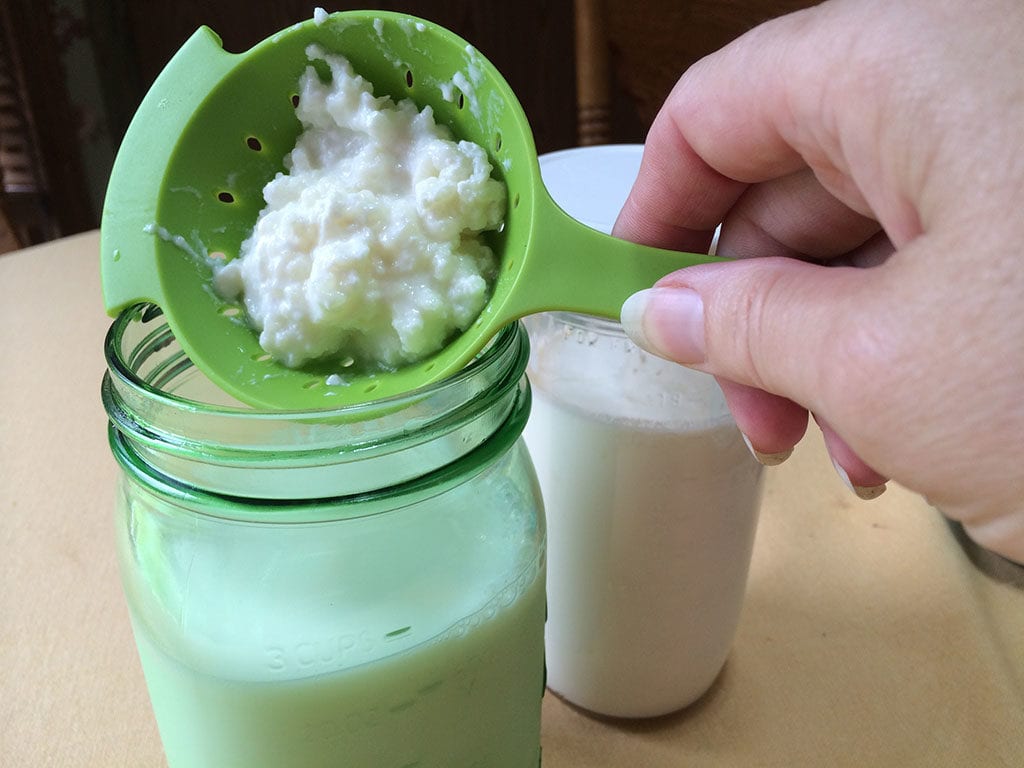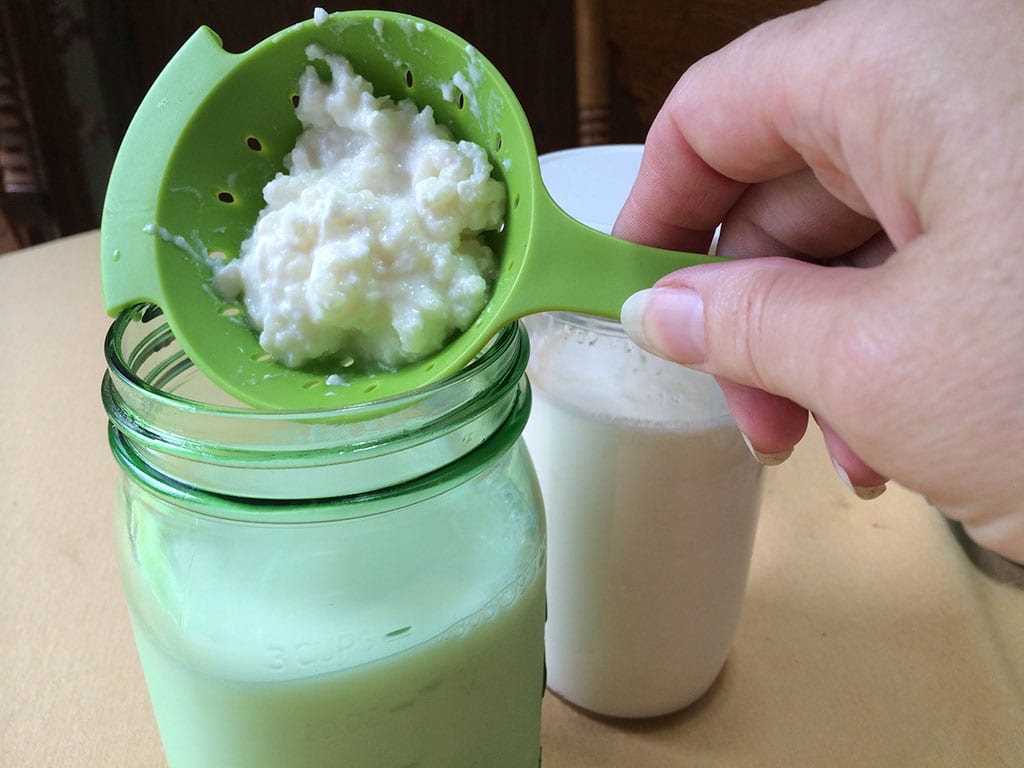
When it comes to natural health, kefir is where it’s at. Kefir is what people are turning to these days for its rich in probiotics and nutrients.
It is a fermented beverage that’s usually made using cow or goat milk. A lot of people are reporting that it’s healthier than yogurt because of how beneficial it is to your stomach’s health and your digestive tract.
Keep reading to learn seven benefits of live kefir and how it can improve your well-being.
What is kefir?
Before we get into the benefits, let’s go over what kefir is in greater detail. On its own, kefir comes in the form of grains, but not like cereal grains. They are grain-like colonies of lactic acid bacteria and yeast that resembles cauliflower. After 24 hours has passed, the microorganisms within these grains start to multiply. Once it has multiplied, the grains will ferment the sugars within the milk, turning into kefir.
A unique benefit is that the grains can be reused after fermenting in milk. In other words, kefir is a drink, however, the kefir grains themselves are what you use to make it.
Kefir is a Great Source of Nutrients
Now that you have a better understanding of kefir is, let’s get into the benefits. As we’ve mentioned before, kefir contains a lot of nutrients. In fact, a six-ounce serving contains about four grams of protein, 10 percent of calcium, 15 percent of phosphorus, 12 percent of vitamin B12, 10 percent of riboflavin and three percent of magnesium.
Furthermore, kefir contains about 100 calories, eight grams of carbohydrates and six grams of fat. Of course, this does depend on the type of milk that’s used. Kefir also has a numerous amount of bioactive compounds such as peptides and organic acids that boost these health benefits.
Kefir is More Powerful than Yogurt
Some of the microorganisms within kefir are more potent effect than the ones in yogurt. Compared to yogurt, kefir contains up to 61 strains of yeast and bacteria. This makes it a diverse and rich source of probiotics.
Kefir Contains Very Potent Antibacterial Properties
Researchers have reported that there are also probiotics in kefir that fights off infections. One such probiotic is known as lactobacillus kefir, which is actually exclusive to kefir. Various studies have shown that this particular probiotic can stop the growth of bacteria such as e.coli and salmonella.
Kefir Lowers the Risk of Osteoporosis
Seen mostly in women after menopause, osteoporosis is when the bone density starts to decrease, leaving them at higher risk of fractures and breaks. Making sure you have enough intake of calcium is one of the best ways to promote good bone health. Not only does full-fat kefir contain a great deal of calcium, but it also has vitamin B12. Vitamin B12 plays a massive role in calcium metabolism.
Kefir Might Protect You From Cancer
Cancer is one of the most common causes of death. It can occur when abnormal cells begin to multiply at an uncontrollable rate. Researchers believe that the probiotics within fermented kefir products may help to reduce the growth of tumors. They believe that kefir accomplishes this by stimulating the immune system.
Kefir Can Help With Digestive Problems
We mentioned before that kefir can benefit the digestive tract, so let’s go into a little more detail. Through extensive research, it has been shown that the probiotics that kefir contains are able to treat many types of digestive problems.
These digestive problems include:
- Constipation
- Irritable bowel syndrome
- Diarrhea
Kefir Contains Almost No Lactose
Most everyday dairy products contain sugar known as lactose. Unfortunately, a lot of people namely adults are unable to break down sugar properly. This condition is known as being lactose intolerant. The lactic acid bacteria within kefir turns the lactose into lactic acid. So, compared to regular milk, kefir is usually able to be tolerated by people who suffer from lactose intolerance.
Final Thoughts
No matter which type of kefir you choose, make sure you choose a brand that’s organic, low in sugar without added flavor. For more information about what kefir can do for you, make sure to visit the Live Kefir Company website.
